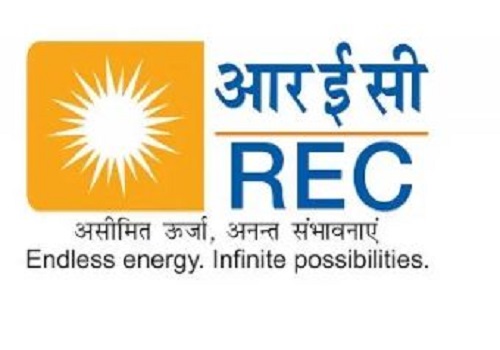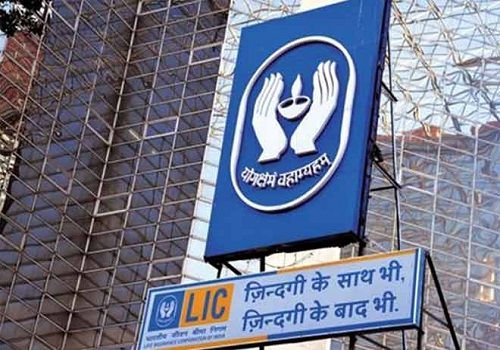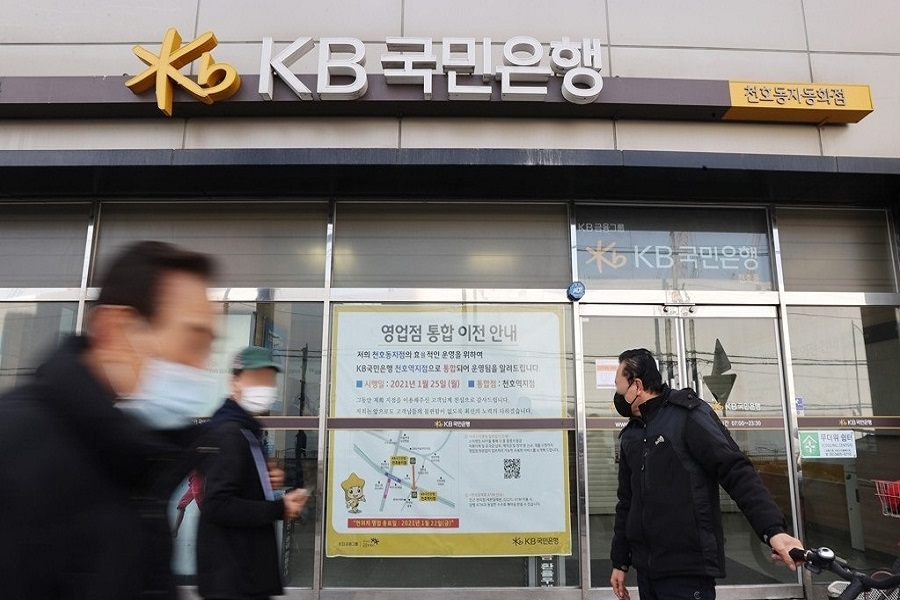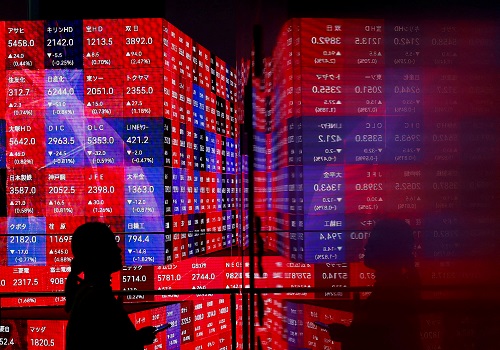US companies flashing key sign of economic uncertainty by hoarding cash

America’s publicly traded companies are flashing a key sign of economic uncertainty -- they’ve been hoarding cash, a media report said.
Americans have spent down their pandemic-era savings and then some. Credit card and auto loan delinquencies have not only surpassed pre-pandemic levels, they’re the highest they have been in more than a decade, CNN reported.
US corporations, however, are clinging to their money -- they increased their cash on hand through the first half of last year by 13 per cent to $2.35 trillion from $2.08 trillion at the end of 2022. Firms also cut back on share buybacks, according to the most recent 'Cash Pile' report from Moody’s Investors Service, CNN reported.
There’s a high opportunity cost to holding onto cash. Companies can potentially earn higher returns investing in their own business or in securities than they can from the relatively low interest rates on deposits.
And companies with existing and expensive debt in a high-interest rate environment would likely want to use their cash to pay it down.
The impetus “is the level of uncertainty that we are facing", Vijay Govindarajan, professor at Dartmouth’s Tuck School of Business, said, CNN reported.
“From Covid to the wars [in Ukraine and the Middle East], there is a lack of predictability all over the world. About 60 countries have elections this year, and even the concept of democracy is in question,” he said.
That uncertainty, Govindarajan said, is why companies want to keep their assets liquid – so that they have maximum flexibility in a world that is highly unpredictable.
























